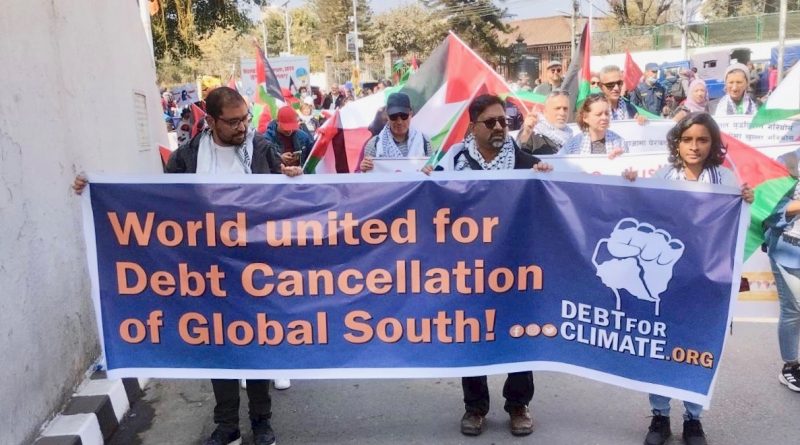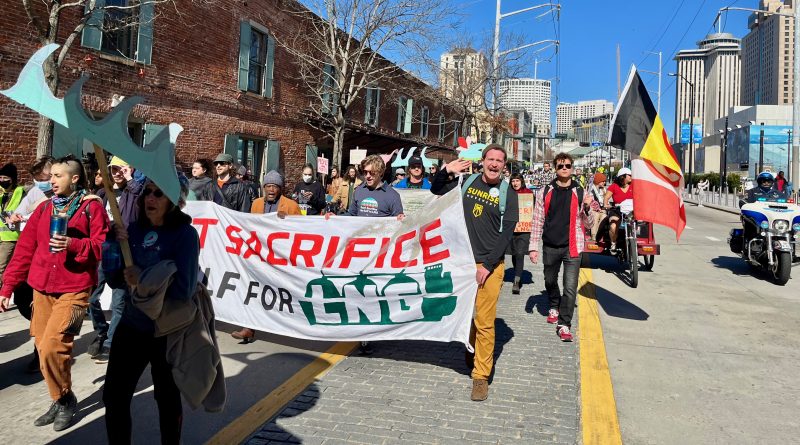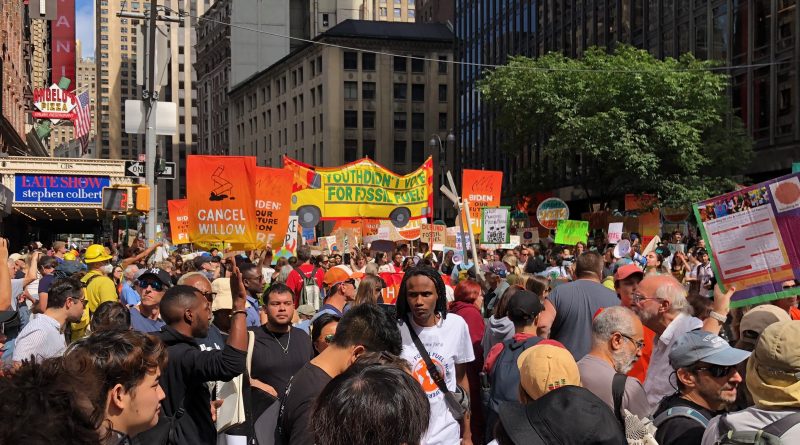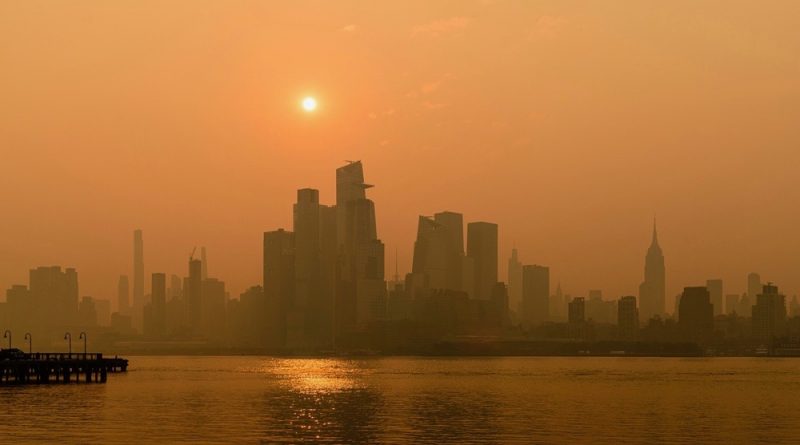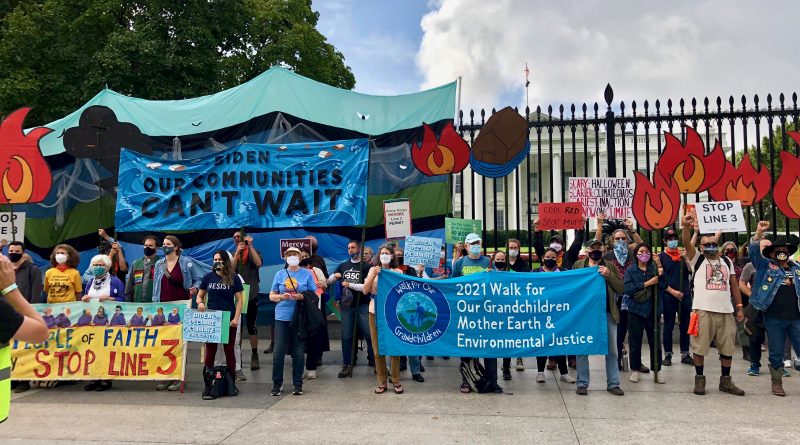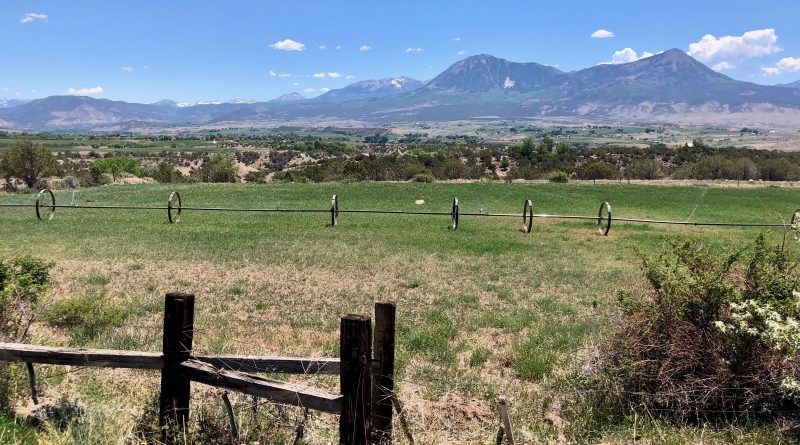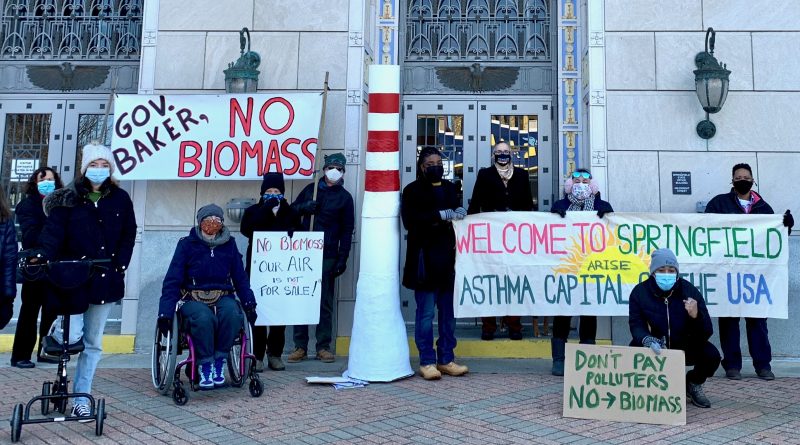Canceling the Debts of Global South Nations: A Necessary Part of the Worldwide Climate Effort – Part 2
Actually, it is the Global North (GN) that should be repaying the Global South (GS). The countries of the GN have been stealing resources from the GS, or taking them while only paying a fraction of their cost, for centuries. The global systems of trade and finance are set up to extract profits from the Global South. Social scientists have found that the flow of resources and labor from the GS to the GN now equals $2.2 trillion per year. Furthermore, the damage to the agriculture, health, housing, infrastructure, etc. of the nations of the GS from climate change so far Is in the trillions of dollars and can be seen as part of the debt the GN owes the GS.
Debt cancellation is not rare. ,,,
Read more